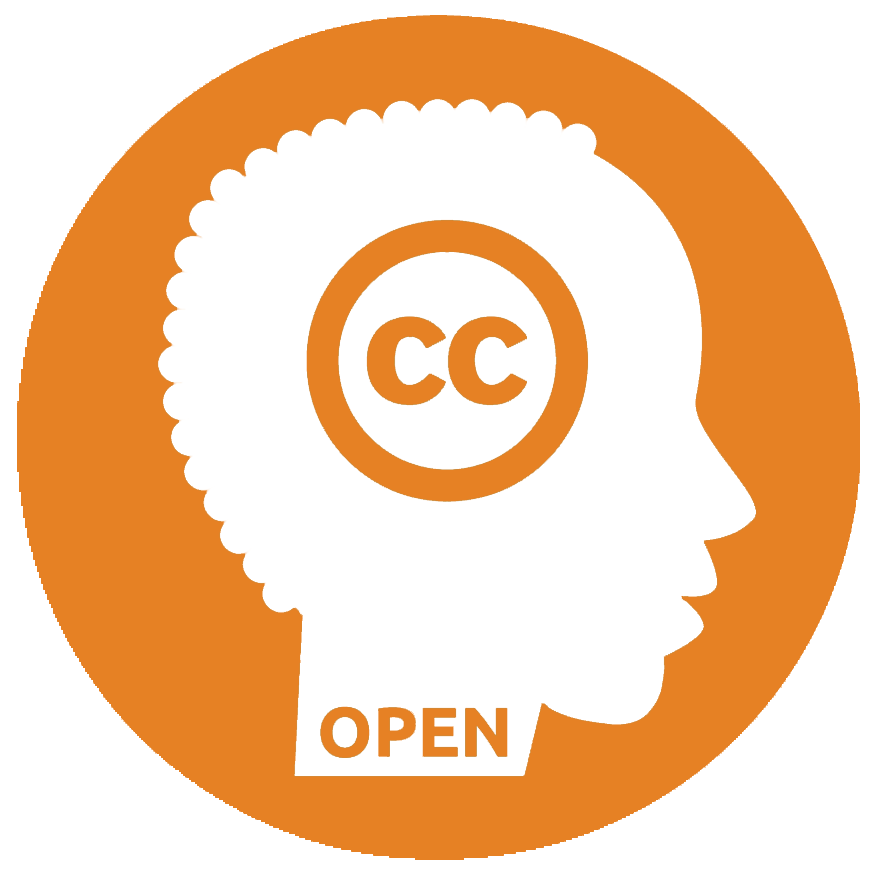Computer Gaming and Interactive Simulations for Learning: A Meta-Analysis
Resource type
Journal Article
Authors/contributors
- Vogel, Jennifer J. (Author)
- Vogel, David S. (Author)
- Cannon-Bowers, Jan (Author)
- Bowers, Clint A. (Author)
- Muse, Kathryn (Author)
- Wright, Michelle (Author)
Title
Computer Gaming and Interactive Simulations for Learning: A Meta-Analysis
Abstract
Substantial disagreement exists in the literature regarding which educational technology results in the highest cognitive gain for learners. In an attempt to resolve this dispute, we conducted a meta-analysis to decipher which teaching method, games and interactive simulations or traditional, truly dominates and under what circumstances. It was found that across people and situations, games and interactive simulations are more dominant for cognitive gain outcomes. However, consideration of specific moderator variables yielded a more complex picture. For example, males showed no preference while females showed a preference for the game and interactive simulation programs. Also, when students navigated through the programs themselves, there was a significant preference for games and interactive simulations. However, when teachers controlled the programs, no significant advantage was found. Further, when the computer dictated the sequence of the program, results favored those in the traditional teaching method over the games and interactive simulations. These findings are discussed in terms of their implications for exiting theoretical positions as well as future empirical research.
Publication
Journal of Educational Computing Research
Volume
34
Issue
3
Pages
229-243
Date
04/2006
Journal Abbr
Journal of Educational Computing Research
Language
en
ISSN
0735-6331, 1541-4140
Short Title
Computer Gaming and Interactive Simulations for Learning
Accessed
27/09/2022, 11:36
Library Catalogue
DOI.org (Crossref)
Citation
Vogel, J. J., Vogel, D. S., Cannon-Bowers, J., Bowers, C. A., Muse, K., & Wright, M. (2006). Computer Gaming and Interactive Simulations for Learning: A Meta-Analysis. Journal of Educational Computing Research, 34(3), 229–243. https://doi.org/10.2190/FLHV-K4WA-WPVQ-H0YM
Outcome measure
Instructional domain (subject)
Education Level and Type
Groups of students
School or home
Moderating variables
Tech Hardware
Tech Software
Tech mechanism
Learning Approach
Teacher Pedagogy
Research methods
Effect size/ heterogeneity
HIC/LMIC
Quality of research
Geography if specific
Link to this record

